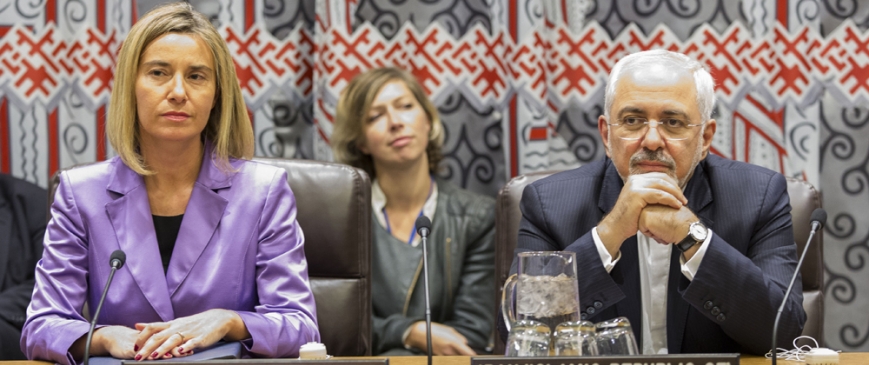
The results of Turkey’s stunning Nov. 1 election, which marked a remarkable comeback for President Recep Tayyip Erdogan and his ruling Justice and Development Party (AKP), came as a huge surprise to Turks and foreign observers alike. In the previous elections, held in June, the AKP lost its majority for the first time since 2002, and the president’s opponents had hoped that his ambitions would be curtailed. None of Turkey’s 23 polling companies came even close to predicting the voters’ swing back to the AKP, which gained nearly 9 percent (approximately 4.8 million votes) and 59 more seats in parliament. This outcome has inevitably invited a closer examination of the dismal state of Turkey’s opposition parties.


